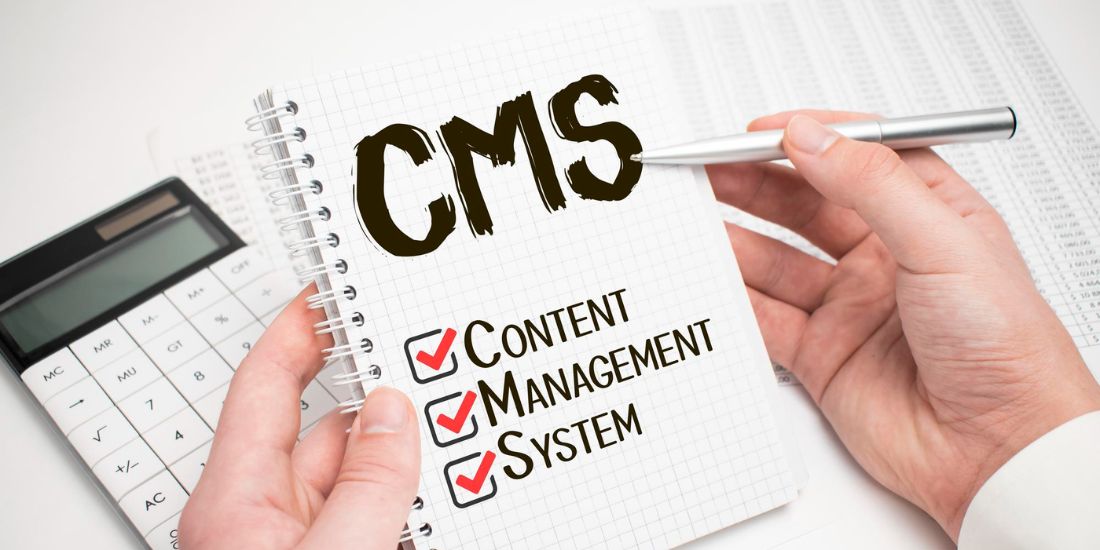
Choosing the Right CMS for Your Website: A Comprehensive Guide
Choosing the Right CMS for Your Website: A Comprehensive Guide to Making Informed Decisions
Choosing the right Content Management System (CMS) is a critical decision when creating a website. A CMS allows you to manage and organize your website’s content efficiently, making it easier to update and maintain. With a plethora of CMS options available, finding the one that best suits your needs can be overwhelming. In this comprehensive guide, we will explore the factors you should consider when choosing a CMS, delve into popular CMS platforms, and provide valuable tips for a seamless implementation process.
Defining Your Website’s Goals and Requirements
Before diving into CMS options, it’s crucial to define your website’s goals and requirements. Consider the purpose of your website, the type of content you’ll be publishing, and the level of customization and scalability you require. Assess your budget, available resources, and technical expertise. Determine if you need features like e-commerce capabilities, multi-language support, or advanced user management. By identifying your specific goals and requirements, you can narrow down the CMS options that align with your needs.
Evaluating User-Friendliness and Ease of Use
A user-friendly CMS is essential for efficient website management. Evaluate the user interface, admin dashboard, and content editing capabilities of each CMS option. Look for intuitive navigation, drag-and-drop functionality, and WYSIWYG (What You See Is What You Get) editors that simplify content creation. Consider the learning curve associated with each CMS and ensure it matches the technical proficiency of your team. Opting for a user-friendly CMS will streamline your content management process and enhance productivity.
Scalability and Flexibility
Your chosen CMS should be able to accommodate the future growth and evolving needs of your website. Evaluate the scalability and flexibility of each CMS by considering factors like the availability of plugins, extensions, and themes. Determine if the CMS allows for easy customization and integration with third-party tools or services. Ensure that the CMS can handle increased traffic and content volume without compromising performance. Choosing a scalable and flexible CMS ensures your website can adapt as your business expands.
SEO-Friendly Features
An SEO-friendly CMS is crucial for optimizing your website’s visibility in search engine results. Look for CMS options that provide built-in SEO features or allow for easy integration with popular SEO plugins. Assess if the CMS enables you to customize meta tags, URLs, and heading tags for each page. Evaluate the CMS’s ability to generate clean and search engine-friendly code. A CMS with strong SEO capabilities will give you a competitive edge and help drive organic traffic to your website.
Security and Updates
Website security is of utmost importance to protect your data and user information. Evaluate the security measures implemented by each CMS, such as regular security updates, vulnerability patches, and user access controls. Check if the CMS has an active community that promptly addresses security concerns and provides support. Opting for a CMS with robust security features ensures the protection of your website and mitigates potential vulnerabilities.
Popular CMS Options
Explore popular CMS options that cater to different needs and preferences:
- WordPress: Known for its ease of use, extensive plugin ecosystem, and vibrant community support.
- Joomla: Offers advanced functionality and flexibility, suitable for complex websites and e-commerce.
- Drupal: Known for its scalability, security, and robust content management capabilities.
- Magento: A powerful CMS specifically designed for e-commerce websites, with comprehensive features for online stores.
- Shopify: A user-friendly CMS focused on e-commerce, providing a seamless setup and integration with various sales channels.
Implementation Tips
Implementing a new CMS requires careful planning and execution
Conclusion
Choosing the right CMS is crucial for effective website management. By defining your website’s goals and requirements, evaluating user-friendliness, scalability, SEO features, security, and considering popular CMS options, you can make an informed decision. Proper planning and execution during implementation will ensure a smooth transition to your chosen CMS and set your website up for success.
